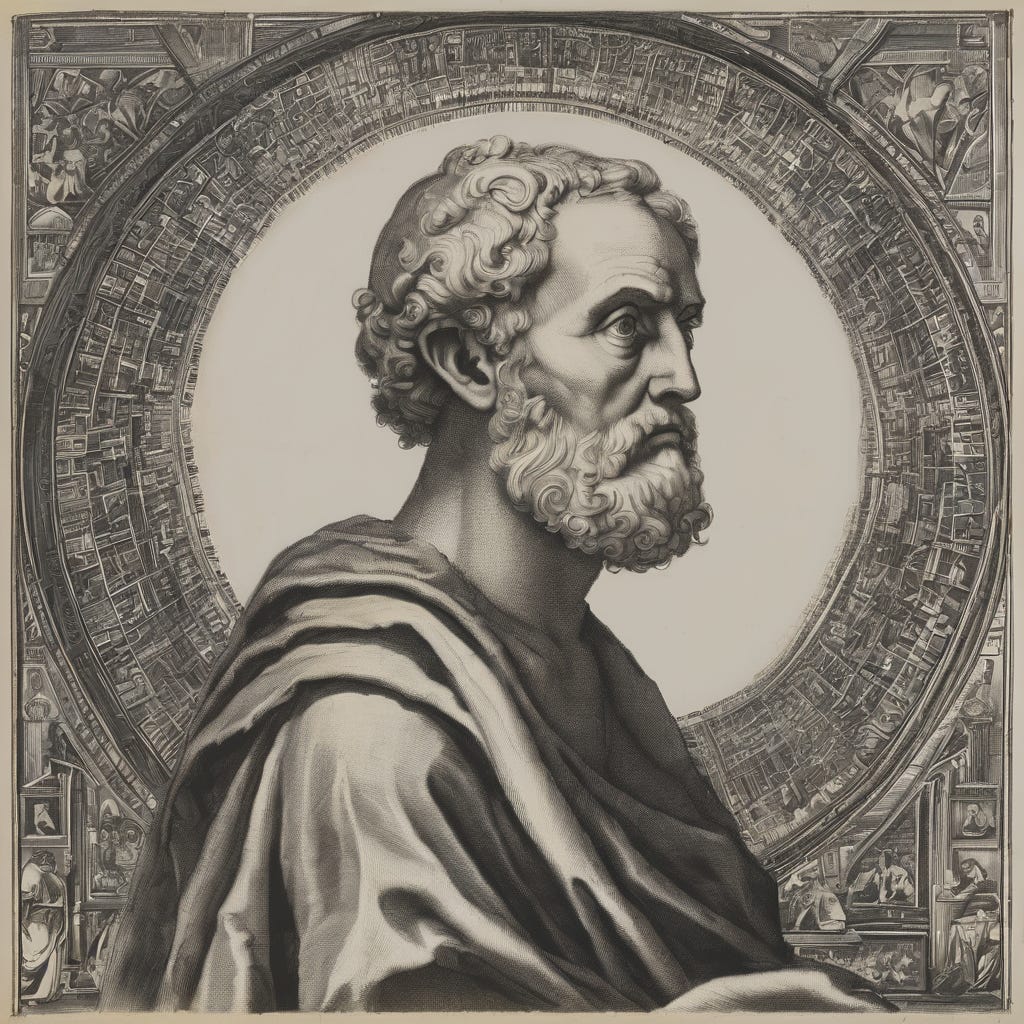On Prudence
Burke, Aristotle, and the Case for Cautious Progress
Through discipline comes freedom. - Aristotle
In a world increasingly driven by the impulse for rapid change, the philosophies of Edmund Burke and Aristotle offer a timeless reminder: progress, unchecked by wisdom and prudence, risks undermining the very foundations it seeks to improve. Both thinkers emphasized that society flourishes best when change b…



